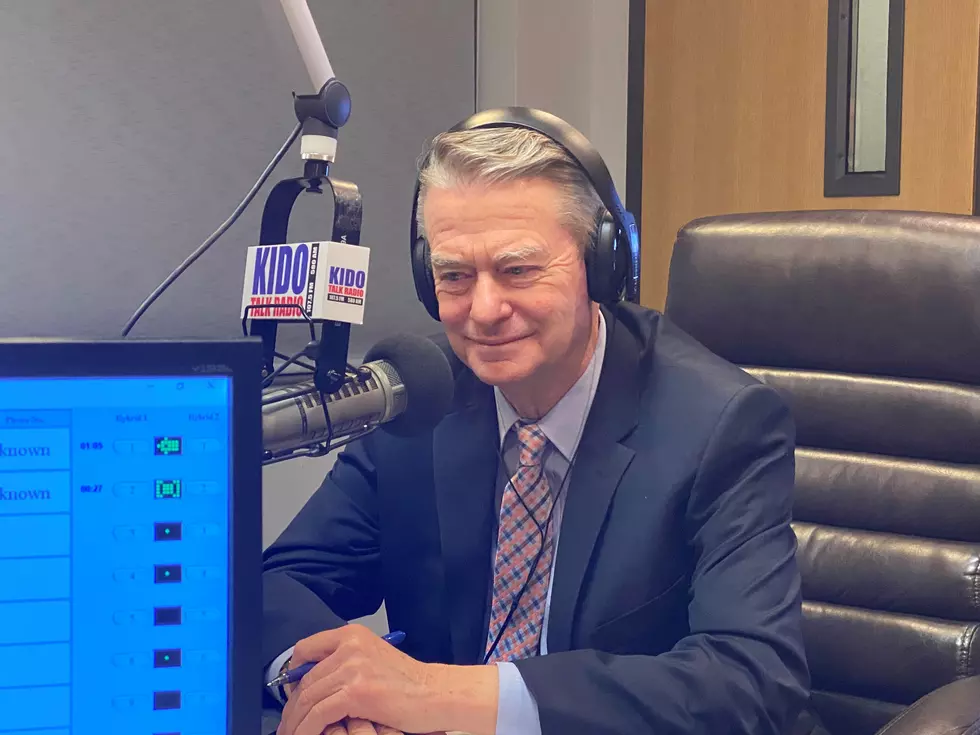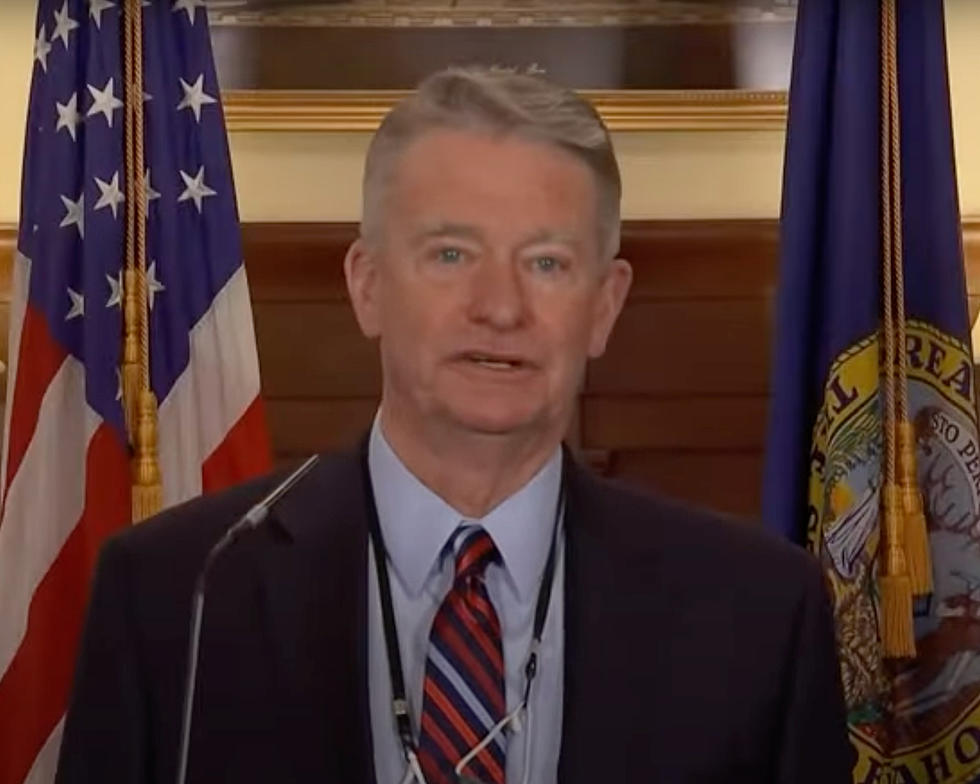
Governor Little’s Latest Announcement
The following is a new release from Governor Little's Statewide announcement.
Boise, Idaho – Governor Brad Little explained today that Idahoans can expect diminished healthcare access if the State of Idaho must activate the Crisis Standards of Care, and he outlined many of the actions the state has taken to address the constraints facing hospitals due to the COVID-19 pandemic.
The State of Idaho would activate Crisis Standards of Care if the healthcare system becomes overwhelmed over a broad geographic region and if resources cannot be obtained quickly enough to address the shortage.
“If the State of Idaho must activate the Crisis Standards of Care, you or someone you love may be turned away from the hospital or given a lower standard of care because we simply may not have enough beds, critical care doctors, nurses, and technicians to handle the number of COVID-19 patients in need of care. Hospitals are telling us the need to activate Crisis Standards of Care will arrive in Idaho if individual Idahoans do not make the choice to reverse the trend in our rising COVID-19 cases,” Governor Little said.
The Governor provided specific examples of what Idahoans could expect under the activation of Crisis Standards of Care:
- If your son or daughter gets in a car crash, a hospital bed may not be available, or your child will receive care in a repurposed conference room.
- If your wife is diabetic and gets an infection, she may not get a hospital bed.
- If your husband has a stroke or heart attack, it may take longer for paramedics to arrive.
- Breathing machines and ICU beds may need to be directed to patients who are most likely to survive.
Eighty percent of Idaho’s hospitals are not operating normally right now because healthcare workers are out sick with COVID-19 and too many very sick COVID-19 patients are coming through their doors.
Governor Little outlined the steps his administration has taken to prepare hospitals:
- In the spring, we worked to equip our hospitals, clinics, and first responders with the PPE and staff to handle the influx of patients.
- We expanded access to medical professionals by lifting regulations at the state level and facilitating staffing contracts with federal sources. Through the state’s actions, out-of-state medical professionals and retired or inactive practitioners may treat patients in Idaho. Since March, we have licensed 1,100 new nurses to help in the fight and we have gotten nursing students to start work faster to help our hospitals.
- Use of telehealth rose 40-fold after we rolled back dozens of regulations, and Governor Little signed an executive order making those changes permanent moving forward.
- We allocated and distributed new and effective treatments for COVID patients.
- We put more than $100 million to testing and contact tracing. We increased testing lab capacity and testing in schools and long-term care facilities. We enabled pharmacists to administer testing in our rural communities.
- We designated six long-term care facilities as COVID-only facilities and put millions toward testing of facility workers in order to better protect residents.
- We activated the National Guard to obtain staffing for Idaho’s hospitals. The guardsmen are deployed across the state to help with testing, decontamination and sanitization and planning.
“My administration will continue to do the job of ensuring hospitals are equipped with the resources they need to avoid Crisis Standards of Care. We will continue to improve access to testing. We will continue to move toward broadly available therapeutics and a vaccine. Those actions are the responsibility of government. But government alone is not going to solve our problem. The solution is each and every one of us and our personal actions. Our success or failure to protect our loved ones comes down to personal responsibility. Please make the right choices,” Governor Little said.
Idaho will remain under the Governor’s Stage 2 statewide public health order. Under the order:
- Gatherings of more than 10 people are prohibited. This does not pertain to religious or political expression. Physical distancing is required.
- At-risk Idahoans should self-isolate.
- All Idahoans are encouraged to telework whenever possible and feasible with business operations.
- Masks are required at long-term care facilities.
- Bars, nightclubs, and restaurants continue to operate with seating only.
“I want to commend our hospitals across the state for working around the clock to share resources so we can avoid a devastating situation as much as possible. I also want to express my deep appreciation to our doctors, nurses, and other medical staff who are overworked and pulling extra shifts to help in the fight. You are true heroes,” Governor Little said.
More From Idaho’s Talk Station








